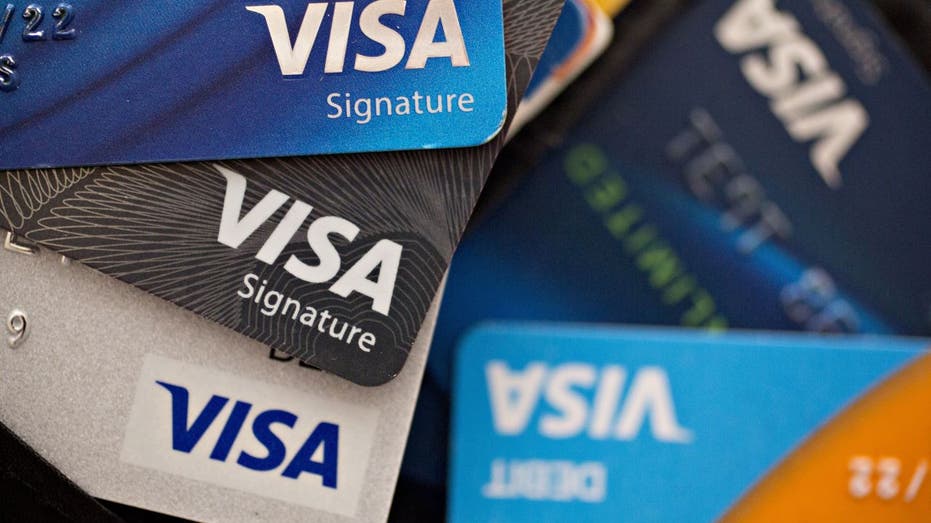One of the most important lessons regarding your finances to understand is to preserve and protect your credit score, as it can affect many directions and decisions throughout your life.
“Your credit score is one of the most important numbers in your financial life; it goes a long way toward determining whether or not you’ll be approved for loans and lines of credit, along with the interest rates you’ll pay,” Ted Rossman, senior industry analyst at Bankrate.com told FOX Business.
In addition to a credit score being considered to qualify you for mortgages and car loans, Rossman explained that your credit can be checked for other reasons, including apartment rentals and utility and cell phone providers when you open a new account.
“If you have a low credit score, you might be denied or a larger security deposit might be required,” he said.
FINANCIAL COACH WARNS AMERICANS’ CREDIT SCORE DROP POINTS TO ‘UNCERTAIN ECONOMIC TIMES’
With all this on the line, protecting your score should be a top priority. Even those with favorable credit scores and those who practice sound money habits can sometimes make foolish choices regarding their credit scores. To put you in a better position to not make these foolish choices, read more about what you shouldn’t do.
Here are six foolish flubs that could sink your credit score
Co-signing a loan
Rossman said co-signing a loan is “potentially a very big mistake” as people don’t realize this is a sizable legal commitment.
“You’re on the hook to pay that money back if the other borrower doesn’t,” he said. “Your funds and credit score are on the line. You’re not just vouching for someone or giving them a reference. You’re legally responsible for that loan, and it should show up on your credit reports just like the primary borrower.”
Applying for too much credit in too short a time span
If you’re opening a bunch of new credit cards, this could backfire.
“In general, it’s suggested to apply for credit no more than every six months or so and this is all types of credit combined,” said Rossman. “If you get rejected for a credit card and then try again quickly, you might have two rejections and two hard inquiries which negatively affect your credit score and no new card to show for it.”
Not staying on top of your statement due dates
Set up alerts to make sure you’re paying your credit card statements on time.
“Our time and energy are pulled in a million directions every day, which makes it easy to accidentally miss a credit card payment due date,” said Sara Rathner, credit cards expert at NerdWallet. “If you’re more than 30 days late, your credit score could drop by a substantial amount.”

To prevent this, Rathner suggested logging into your account and set up text or email alerts so you know when the next due date is approaching.
“You can also set up autopay so you can take that task off your plate entirely,” she suggested.
Not paying all your obligations in a timely fashion
Credit card and loan payments aren’t the only things that can affect your credit, said Rathner.
COST OF LIVING HINDERS YOUNGER GENERATIONS FROM SAVING FOR RETIREMENT: FIDELITY
“Utility bills, rent and other monthly payments can be reported to credit bureaus. Set up calendar reminders for those due dates so you don’t miss payments,” she added.
Failing to monitor your credit
Get into the habit of glancing at credit reports and bank statements so you can report fraudulent activity ASAP, she said.
KEVIN O’LEARY ‘FORBIDS’ COUPLES TO MERGE THEIR FINANCES, WARNS LACKING FINANCIAL IDENTITY COULD SPELL DISASTER
“Signs of identity theft can be as subtle as an unexpected small charge, or as glaring as an unfamiliar account opened in your name,” said Rathner.

Spending to get rewards when you have debt
Chasing rewards can be a slippery slope, particularly if you have debt.
“The interest you’re paying on that debt can wipe out the value of any rewards you’d earn in just a few months,” said Rathner.
She recommended that instead of running after points that are worth a penny each, look into lowering your interest rate with a balance transfer card or personal loan.
“Then, pay that debt down as aggressively as you can to save hundreds on interest,” she said.
Read the full article here







